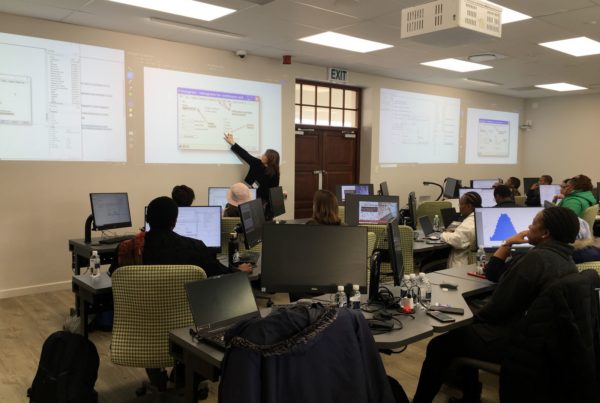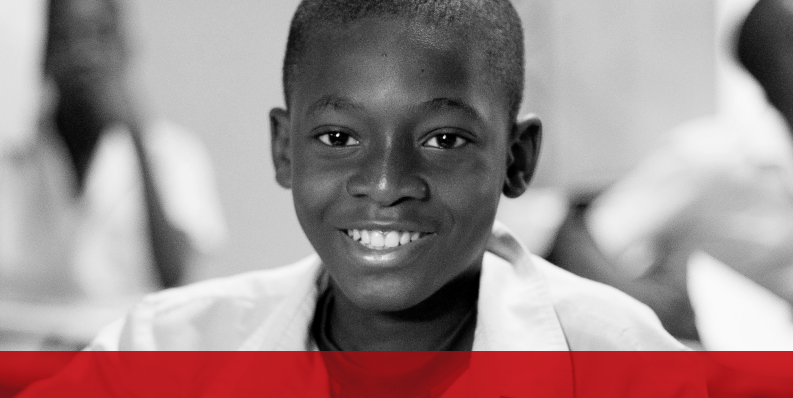In this note by Ursula Hoadley, she tracks curriculum and assessment policy changes over three years (2020 to 2023) in South Africa in response to the COVID-19 pandemic and school closures. Some changes were made to the national CAPS curriculum documents in the form of trimming content (2020), identifying ‘fundamental’ knowledge (2020), and reviewing subject content (2022). The focus was on retaining the curriculum whilst allowing for flexibility in coverage through weakened controls over moderation, assessment, and promotion requirements, ceding most curriculum and assessment decisions to the school and classroom levels. Given a very unequal system, this meant that curriculum coverage and learning losses mapped onto and deepened pre-COVID-19 patterns of educational disadvantage. During the pandemic, the Department of Basic Education claimed remote solutions as a key mechanism for addressing curriculum coverage, despite very few learners having access to these. Post-COVID, a similar approach of devolution of curriculum decision-making to school and teacher level has been taken. There has been no attempt to recoup time in order to remediate learning losses, apart from very recent attempts in one province. The insistence on a largely business-as-usual approach to curriculum implementation fails to recognise and address the severe educational impact of the pandemic, especially on learners in the poorest communities.
DOWNLOAD PDFPopular Posts
Other Readings
- Repetition and dropout in South Africa before, during and after COVID-19 January 15, 2024
- COVID-19 and inequality in reading outcomes in South Africa: PIRLS 2016 and 2021 December 23, 2023
- What rich new education data can tell us December 22, 2023
- Early Grade Repetition in South Africa: Implications for Reading November 15, 2023
- The Impact of Agricultural Minimum Wages on Worker Flows in South Africa November 14, 2023
Related Posts
 Conferences and WorkshopsNews and Opinion
Conferences and WorkshopsNews and Opinion
Resep quantitative analysis course in the economics of education
Ryno PageJuly 12, 2024
EducationHistorical Resources

Public Expenditure on Education in South Africa, 1987/8 to 1991/2: An Analysis of the Data
Ryno PageJuly 5, 2024
EducationHistorical Resources

National Education Policy Investigation: Education Planning, Systems, and Structure
Ryno PageJuly 5, 2024





